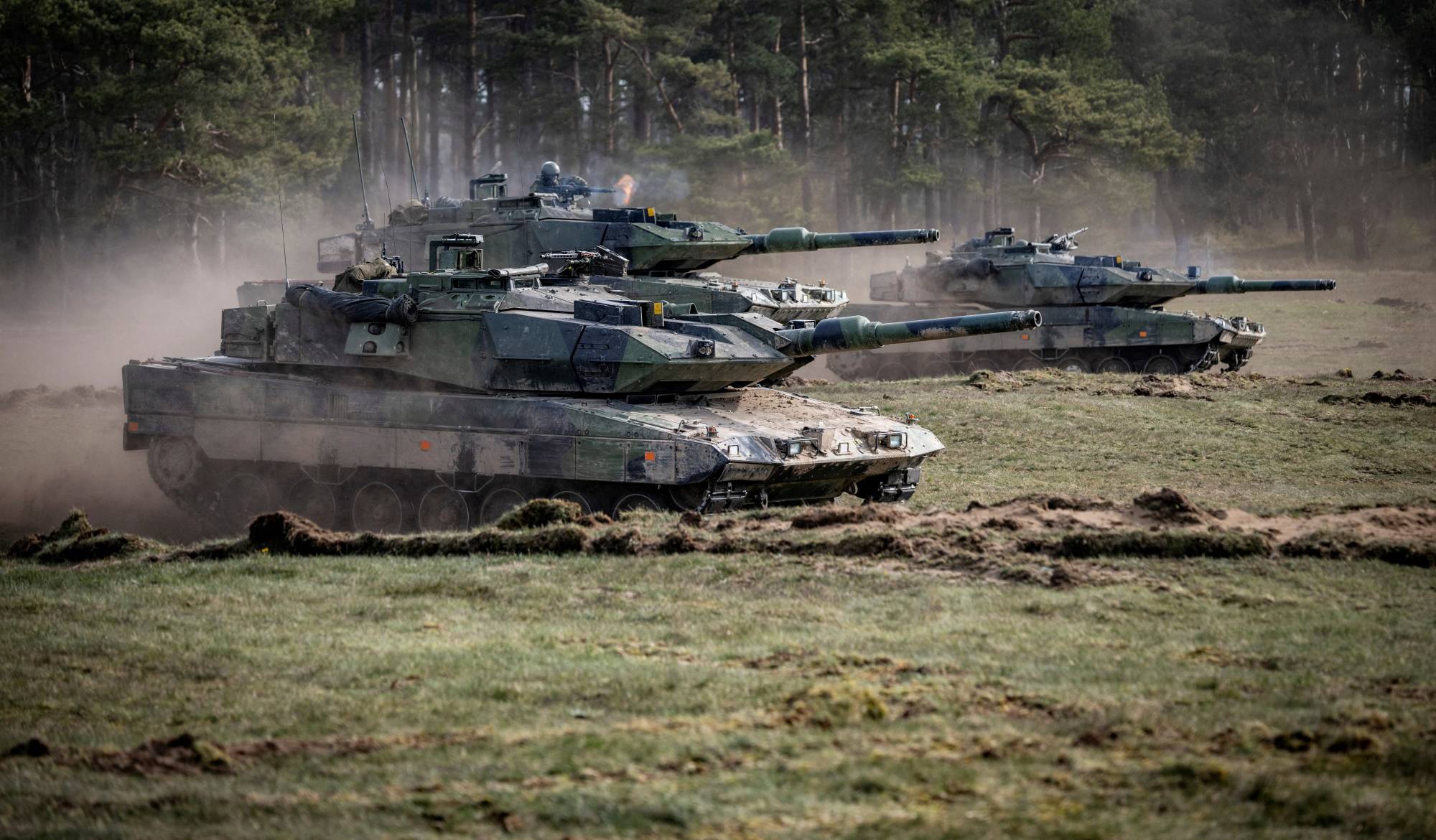NATO will step back to the future at its July summit in Vilnius, the capital of Lithuania, with leaders set to approve thousands of pages of secret military plans detailing for the first time since the Cold War how the alliance would respond to a Russian attack.
The move signifies a fundamental shift — NATO had seen no need to draw up large-scale defense plans for decades as it fought smaller wars in Afghanistan and Iraq and felt certain post-Soviet Russia no longer posed an existential threat.
But with Europe's bloodiest war since 1945 raging just beyond its borders in Ukraine, the alliance is now warning that it must have all planning in place well before the potential eruption of conflict with a peer adversary such as Moscow.


















With your current subscription plan you can comment on stories. However, before writing your first comment, please create a display name in the Profile section of your subscriber account page.